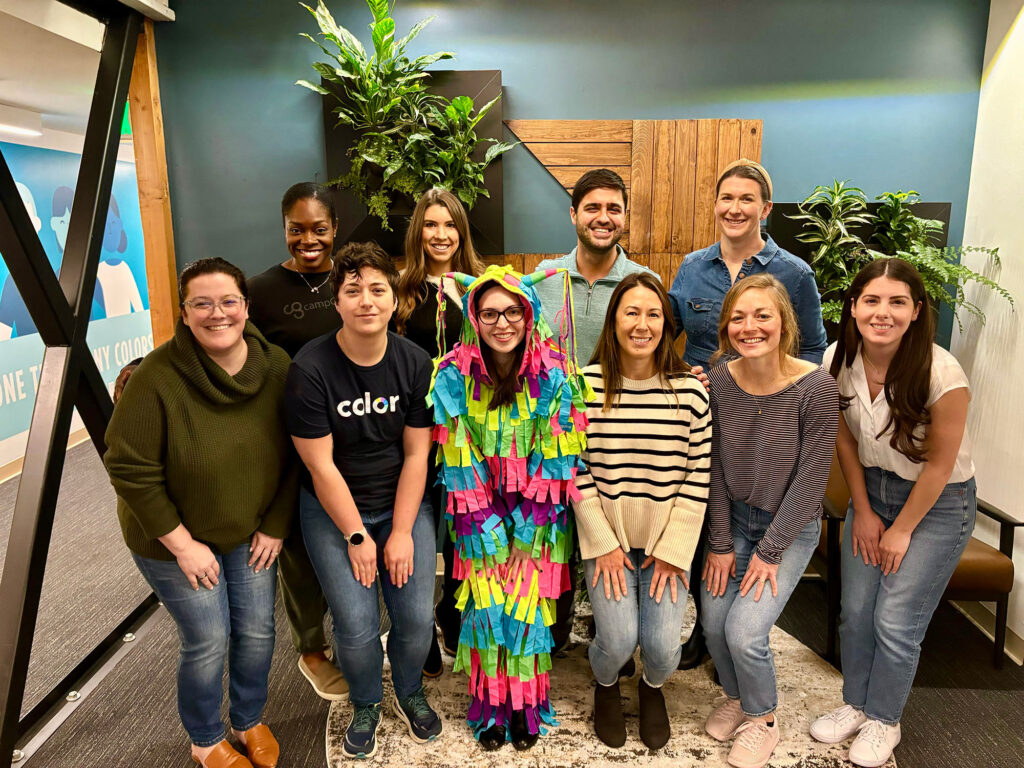News & Articles
Nurse Navigators: Excellent Partners for Genetic Counselors
Lily Servais
I recently attended the 7th annual Academy of Oncology Nurse & Patient Navigators (AONN) conference and presented a poster at the conference. It was a jam-packed meeting focusing on all areas of oncology nurse navigation and survivorship. Many of the attendees expressed an interest in genetics and the session on genetics and prevention was very well attended for an 8:45 am session in Las Vegas.
On Friday night I presented my abstract, titled “Eight case studies of concurrent pathogenic mutations identified in hereditary breast and ovarian cancer gene panel.” Concurrent mutations means that we identified more than one mutation in an individual. The rate of concurrent mutations has been reported in 2.9% of people who test positive. We reviewed the personal and family histories of patients found to have multiple pathogenic or likely pathogenic mutations when tested clinically for 19 genes for hereditary breast and ovarian cancer. Eight people were found to have concurrent mutations. Four of the 8 (50%) patients underwent panel testing in the setting of one known family mutation. They were found to have the known mutation in the family, but then were also found to have an additional mutation that was not known to run in the family. Identifying patients with multiple clinically actionable mutations has important medical implications for the patients as well as for family members. With the cost of testing declining rapidly, the risk of missing a mutation may outweigh the arguments against testing with a broader panel both in the setting of known family mutations and in initial testing of a patient.
This community fully grasped the importance of genetic testing information for their patients. The majority are either coordinating genetic testing for their patients or referring patients out to genetic counselors who provide genetic counseling and coordinate the ordering of testing. They have noticed several new trends related to increasing public awareness of genetic testing, better and evolving guidelines for genetic testing eligibility, and rapidly increasing demand for genetic counseling and testing services. There were many great discussions related to our ever-evolving field and innovative ways to provide genetics education and services to our mutual patients. It is my opinion genetic counselors and nurse navigators have an opportunity to be excellent partners in helping increase access to genetic counseling and testing for hereditary cancer risk.



